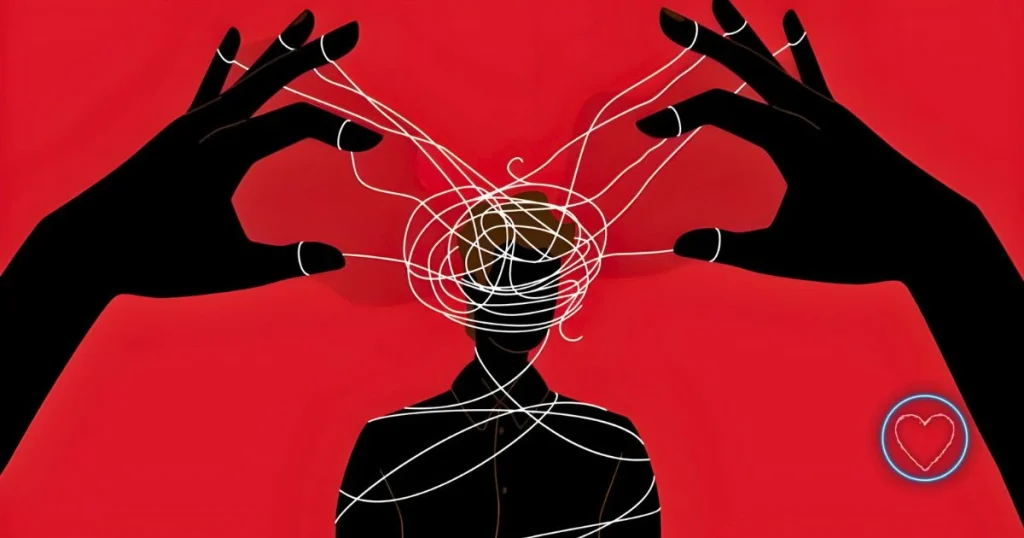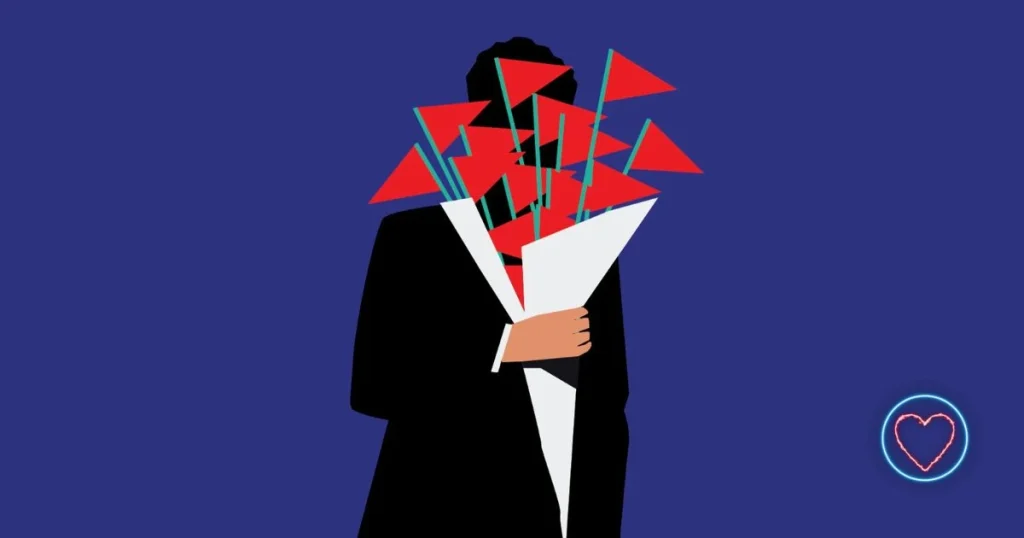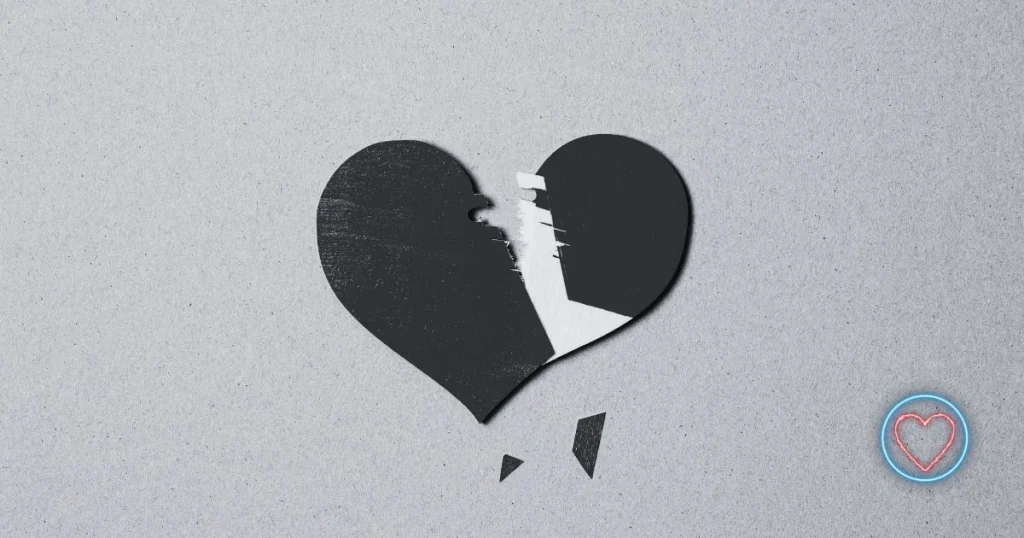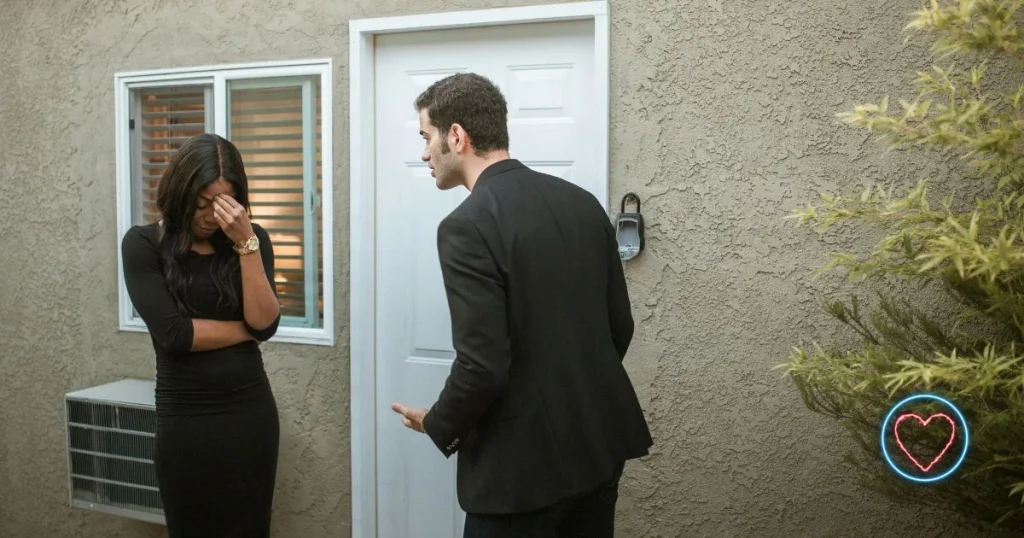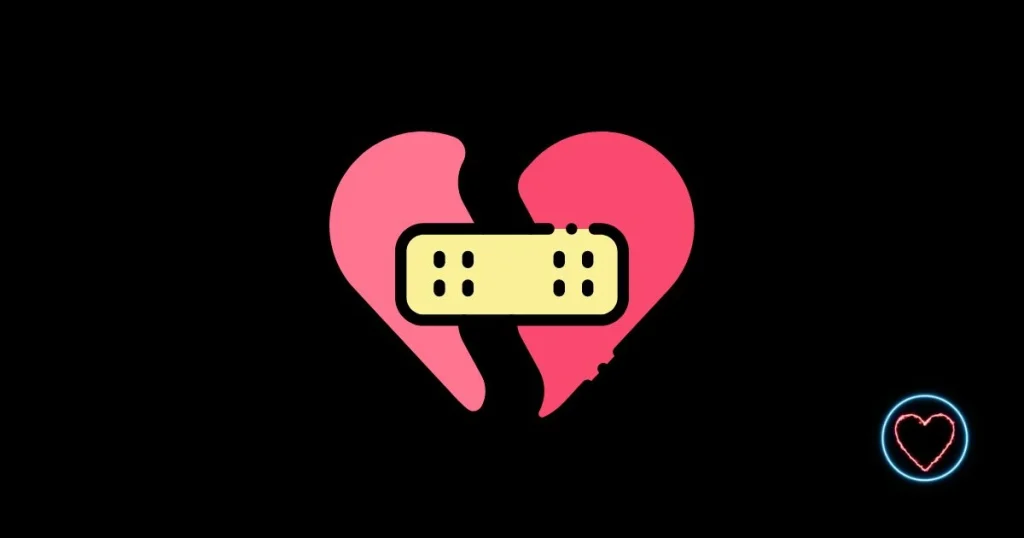At first, it feels flattering. Your partner seems invested, attentive, and perhaps even a little possessive. They want to know where you are, who you’re with, and what you’re doing. You tell yourself it’s because they care. But beneath the surface, something darker may be taking root—something that turns love into a trap. When jealousy morphs into control, what starts as passion can quietly become suffocating, and many people don’t realize they’re trapped until the damage is done.
In this article, we’ll explore how jealousy escalates into control, the subtle signs you may overlook, and how to protect yourself before it becomes dangerous.
The Fine Line Between Love and Control
In healthy relationships, partners care about each other’s well-being and may naturally feel occasional jealousy. It’s a human emotion. But when jealousy becomes constant, obsessive, and rooted in insecurity or fear, it no longer reflects love—it signals control.
Controlling partners often disguise their behavior as concern. They claim they’re protecting you or the relationship, but in reality, they’re tightening their grip. Over time, their jealousy creates a dynamic where one person holds power and the other feels small, guilty, and afraid to upset them.
Recognizing this shift early is crucial. The earlier you identify toxic jealousy, the easier it is to set boundaries or walk away before deeper harm occurs.
Early Signs of Toxic Jealousy
1. Constantly Checking In On You
At first, it may seem sweet. They call or text frequently to ask how your day is going. But soon, it feels excessive. They ask where you are, who you’re with, and when you’ll be home—every single day. They frame it as caring, but they’re actually monitoring your movements.
Healthy partners trust each other. Toxic ones need constant reassurance that you’re not stepping out of line.
2. Interrogating Your Interactions
If your partner frequently questions your conversations with others, whether friends, co-workers, or even family, it’s a red flag. They may accuse you of flirting when you were simply being polite, or suggest that others have hidden motives.
This type of interrogation leaves you feeling like you’re always defending yourself—even when you’ve done nothing wrong.
3. Isolation From Friends and Family
Jealous partners often view your support system as a threat. They may discourage you from spending time with certain friends, especially those of the opposite sex, or suggest that your family doesn’t have your best interests at heart.
They’ll create distance between you and your loved ones, leaving you increasingly dependent on them. Isolation is one of the most dangerous tactics of a controlling partner.
4. Invasion of Privacy
Trust doesn’t require constant surveillance. Toxic jealousy often leads to snooping—checking your phone, emails, social media messages, or bank accounts. They may demand access to your passwords, arguing that if you have nothing to hide, you should comply.
This blatant violation of privacy is about control, not trust. It creates an atmosphere of constant suspicion.
5. Accusations Without Evidence
Controlling partners frequently accuse you of infidelity or dishonesty without any basis. The accusations may come after an innocent conversation with a friend or even when you come home late from work.
Over time, these baseless accusations chip away at your confidence and leave you feeling constantly on edge.
6. Guilt-Tripping and Emotional Blackmail
When you attempt to set boundaries or challenge their behavior, toxic partners often respond with guilt-trips. They may say things like:
- “If you really loved me, you’d stay home.”
- “I guess your friends are more important than me.”
- “You don’t care about this relationship like I do.”
This manipulation shifts the blame onto you and makes you feel responsible for their emotional state.
7. Jealousy Toward Your Success
Ironically, controlling partners may also become jealous of your personal achievements. If you land a promotion, make new friends, or pursue a hobby, they may feel threatened by your growth. Instead of celebrating your success, they downplay it or act resentful.
Their goal is to keep you dependent on them—not thriving independently.
8. Public Displays of Possessiveness
Sometimes toxic jealousy surfaces in public. Your partner may cling to you at parties, shoot dirty looks at anyone who talks to you, or make passive-aggressive comments in front of others.
While they may claim it’s because they “just can’t stand the thought of losing you,” these behaviors are designed to signal ownership.
9. Quick, Intense Commitment
Controlling partners often rush the relationship. They may talk about moving in together, getting married, or starting a family very early on. While this can feel romantic, it’s often a tactic to establish control before you have time to fully evaluate the relationship.
This fast-paced commitment can leave you trapped before you even realize it.
10. Punishing You With Silent Treatment or Anger
When you do something that triggers their jealousy, they may retaliate with coldness, silent treatment, or outbursts of anger. This creates a system where you constantly walk on eggshells, trying to avoid upsetting them.
Their emotional volatility conditions you to prioritize their needs over your own well-being.
Why Toxic Jealousy Escalates
At the root of toxic jealousy is fear—fear of abandonment, fear of inadequacy, and fear of losing control. But instead of addressing these insecurities within themselves, controlling partners attempt to manage that fear by controlling you.
Unfortunately, the longer this dynamic continues, the more emboldened the controlling partner becomes. They push boundaries further, and what starts as mild possessiveness can escalate into emotional abuse, financial control, and in extreme cases, physical violence.
The Psychological Toll on Victims
Living with a jealous, controlling partner slowly erodes your mental and emotional health. Victims often experience:
- Chronic anxiety: Constantly worrying about upsetting your partner.
- Loss of self-esteem: Feeling worthless or always in the wrong.
- Guilt: Believing you’re responsible for their behavior.
- Isolation: Losing contact with friends and family.
- Depression: Feeling trapped and hopeless.
Over time, many victims lose their sense of identity, doubting their own perceptions and choices.
Why It’s So Hard to Leave
Leaving a controlling relationship isn’t always easy. Victims may stay because:
- They’ve been emotionally manipulated to feel responsible for their partner’s happiness.
- They fear retaliation or violence if they try to leave.
- They’ve become isolated from their support network.
- They believe things will get better if they just try harder.
The cycle of control often includes intermittent kindness—apologies, promises, and periods of good behavior that give victims hope, only for the cycle of control to resume.
How to Protect Yourself
If you recognize these signs in your relationship, it’s important to take action:
1. Acknowledge the Problem
The first step is recognizing that jealousy and control are not signs of love. Accept that this behavior is harmful and not your fault.
2. Rebuild Your Support System
Reach out to trusted friends, family members, or a therapist. Reconnecting with your support network can provide emotional strength and perspective.
3. Set Boundaries
Establish firm boundaries regarding your privacy, autonomy, and social life. A healthy partner will respect these boundaries. If your partner refuses, it’s a sign of deeper issues.
4. Consider Professional Help
Therapy—both individual and couples counseling—can be useful. However, be cautious about attending therapy with a controlling partner, as some may use sessions to manipulate or twist the narrative.
5. Create an Exit Plan If Necessary
If the controlling behavior escalates or becomes dangerous, prioritize your safety. This may involve:
- Securing a safe place to stay.
- Consulting with domestic abuse professionals.
- Documenting incidents in case legal action becomes necessary.
The Hope for Recovery
While escaping a controlling relationship is difficult, recovery is possible. Many survivors go on to rebuild their confidence, reconnect with loved ones, and create fulfilling lives free of fear and manipulation.
Through therapy and self-reflection, they learn to spot red flags early and develop healthier boundaries in future relationships. Healing takes time, but freedom from control opens the door to authentic love built on trust, respect, and mutual support.
Conclusion: Love Shouldn’t Feel Like a Cage
Jealousy can masquerade as love, but true love respects your autonomy. If your relationship leaves you feeling watched, controlled, and constantly anxious, it’s time to ask hard questions. You deserve a partnership that uplifts you, not one that chains you to another person’s insecurities.
By recognizing the early signs of toxic jealousy, you give yourself the power to protect your heart, your mind, and your future. Love should never feel like a cage—it should set you free.




